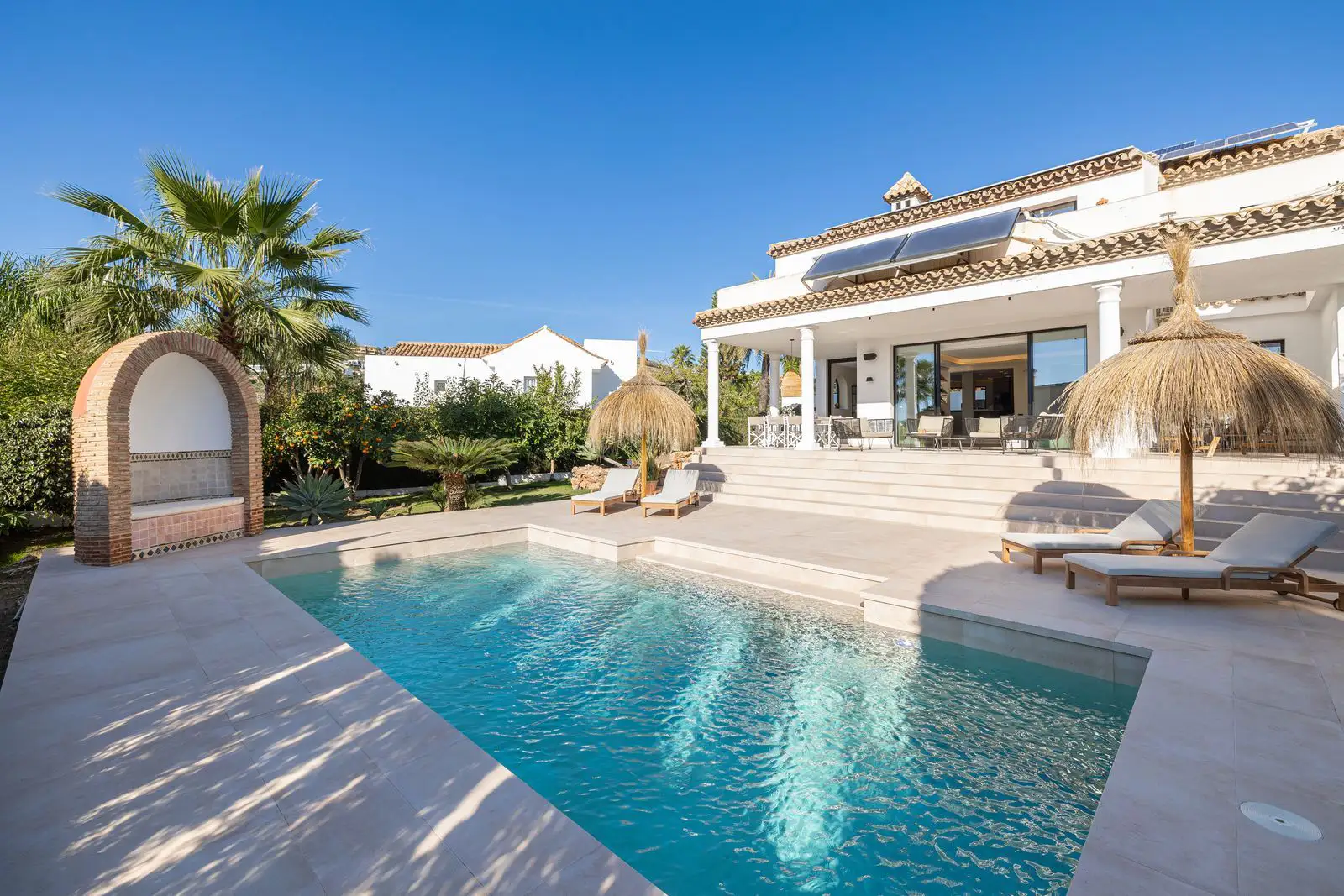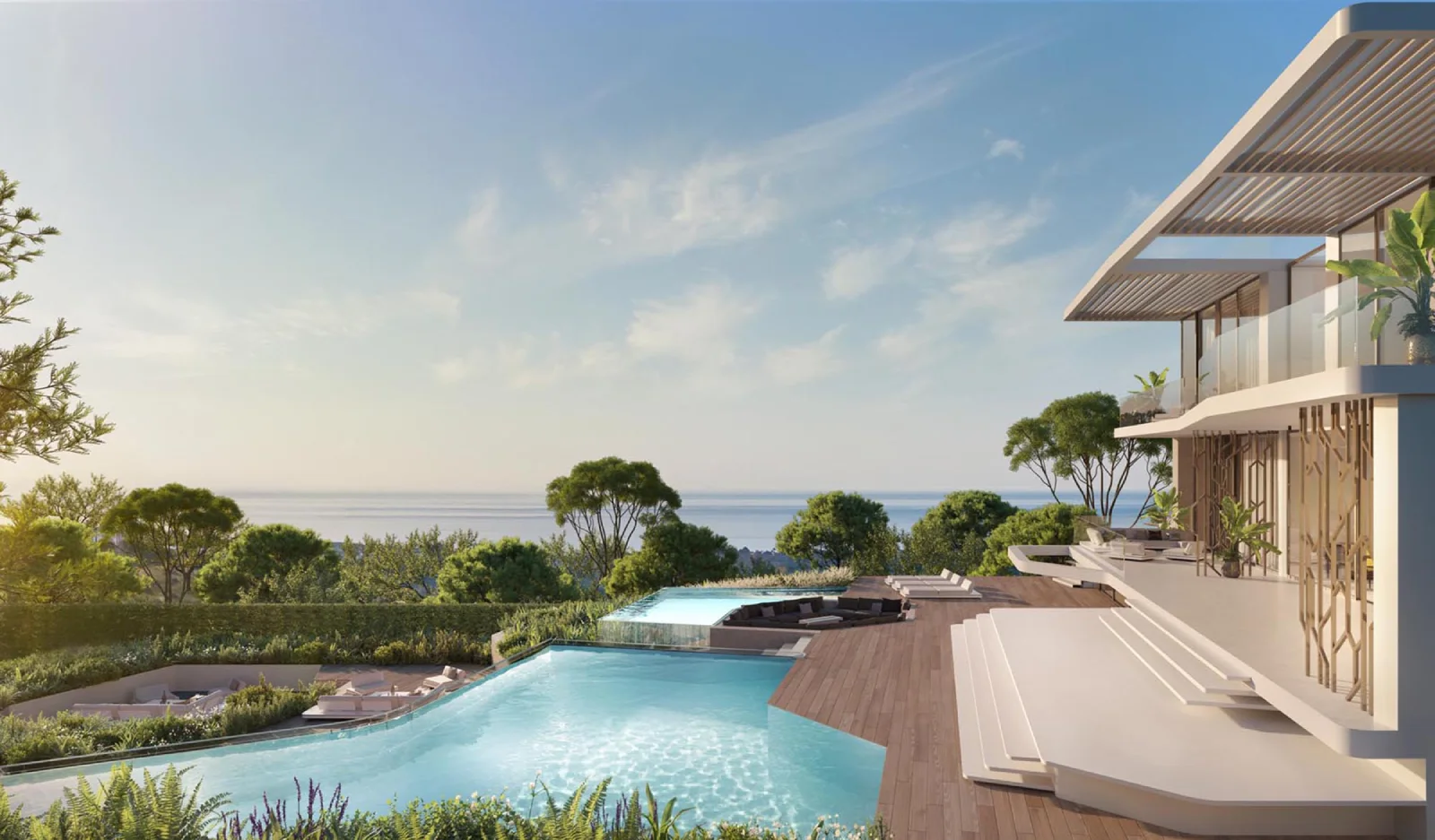Finding the perfect property for sale on the Costa del Sol and deciding to buy it, can be one of the most exciting times of your life. As a Dutch national, owning a second home in sunny Spain, not only allows you to escape the grey skies in favour of the coveted Mediterranean lifestyle, it can also prove to be a savvy investment with potentially hight returns.
As an overseas buyer, you will find that the property market operates very differently than back at home in the Netherlands. So, in order to ensure the property purchase goes smoothly, it important to take a breath, get your bearings and to familiarise yourself with the area and the buying process.
Whether your ideal holiday home is a beachfront property in Marbella, properties for sale in Benahavís or new apartments for sale in Estepona, the best way to ensure a smooth and stress-free process is to engage an established real estate agency specialising in your chosen area.

More information = less stress
It is a universal rule, that any situation can seem stressful when you don’t have the necessary information. Therefore, we believe that the more information you have the smoother and stress-free the process will be.
To help you prepare, we’ve created a short guide summarising the purchase process, so that you can rest assured your agent is acting in your best interests:
• Work with a real estate agent who speaks your language
When making any large financial purchase, it’s a good idea to do some preliminary research, starting with finding the right real estate agent, ideally someone who is fluent in your language.
For example, Marbella Beachfront is staffed by Dutch speaking real estate agents who live on the Costa del Sol and have extensive knowledge of the property market. When there is no language barrier, it is easier to ‘click’ with your agent, as you can communicate clearly, thereby avoiding misunderstandings and delays.
• View the property in person
Purchasing a new home is a decision made with both the heart and the head, so it is important to visit any potential properties in person. If you not based in Spain, it is a good idea to come over on a viewing trip. Based on your requirements, your agent should put together a portfolio pre-selected properties for you to view. This will allow you to get a feel for the property and the opportunity to assess the local vicinity, and find out more about the surrounding area’s amenities, potential projects and planned investment etc.
• NIE (Foreign ID Number)
In order to purchase property in Spain (or carry out any other type of financial transaction such as opening a bank account or contracting utilities) you must apply for an NIE, a unique fiscal number. This should be done as soon as you start looking for property for sale on the Costa del Sol. As a Dutch buyer (an EU citizen) you will need to show your passport or national ID and provide a photocopy that clearly shows the passport or ID number and photo.
• Mortgage interest
You can apply for a mortgage covering up to 50 % of the purchase price with terms up to 25 years as non-resident in Spain. However, you should be aware that the interest on a Spanish mortgage for a second home may not be deductible in the Netherlands.
• Open a Spanish bank account
The purchase process moves quickly in Spain, so it is advisable to open a Spanish bank account in readiness for the purchase, as soon as you receive your NIE. This account will be needed to manage mortgage payments (if credit is required), taxes and bills etc. A lawyer or gestor can take care of this task, as long as you provide the following documents:
- NIE
- Passport / Identity card
- Proof of funds / tax return
- Proof of address (rental contract or utility bill)
• Steps to secure the property
Once you have found the perfect property to buy on the Costa del Sol, there is a process that needs to be followed.
- The offer – your real estate agent will deliver your offer and terms to the seller’s agent. The terms will cover the timeframe for completely, payment terms and any fixtures and fittings that you want included.
- Due diligence –Unlike in the Netherlands where the Notary will carry out due diligence, in Spain you will need to ask your lawyer to check if there are any structural, technical or legal issues that would prevent the purchase going ahead.
- Reservation contract – 1% of property price: Upon acceptance of your offer, you will need to sign a Reservation Contract (this is not required in the Netherlands) and pay a reservation deposit of 1% of the purchase price will need to be paid into an escrow account in order to take the property of the market. This payment will go towards the full purchase price when completion takes place but if you back out of the sale without a valid reason, the seller can keep your deposit.
- Private contract – 10% of property price: The next step is to sign a private contract and pay a further 10% of the purchase price.
- Escritura de Compraventa – Completing the sale: All parties (seller buyer, finance and/or legal representatives) must finalise the transaction at the Notary’s office. The outstanding balance will be paid to the seller via a bank cheque and once you have signed the Deed, ownership will be transferred. The final step is to register the Deed in the new owner’s name with the Land Registry and then you’ll receive the final paperwork in around three months.
Spanish property taxes
There are tax implications for Dutch nationals buying a second home in Spain. No matter the nationality, anyone purchasing property in Spain will be liable for the property and refuse collection taxes (Impuesto sobre Bienes Inmuebles (IBI) and Basura) charged by the local councils. Also, if the buyer doesn’t live in Spain, any rental income generated by the property will be liable for Non-Resident Income Tax. It’s also important to remember that you will also be liable to pay capital gains tax on any potential returns on your investment, should you decide to sell the property.
Dutch tax declaration
However, as both Spain and the Netherlands have a Double Taxation Treaty, the tax will not need to be paid twice. Any tax paid in Spain can be deducted from your tax return in the Netherlands. That said, it is important that you declare the value of your Spanish property and any rental income to the Dutch tax authorities.
In summary, the Spanish property laws and purchasing processes are different than in the Netherlands and as a result seem daunting, but there is no need to worry. An experienced real estate agent will advise, guide and keep you informed every step of the way, from the initial brief through to collecting the keys to your new home. It is recommended that you seek professional advice from an international tax advisor who specialises in this field, in order to adhere to the legal requirements of each country.
If you are considering buying a holiday home in Spain and would like assistance in finding your perfect beachfront property in Marbella or suitable properties on the wider Costa del Sol; check out our website or get in touch Call, WhatsApp or email.





